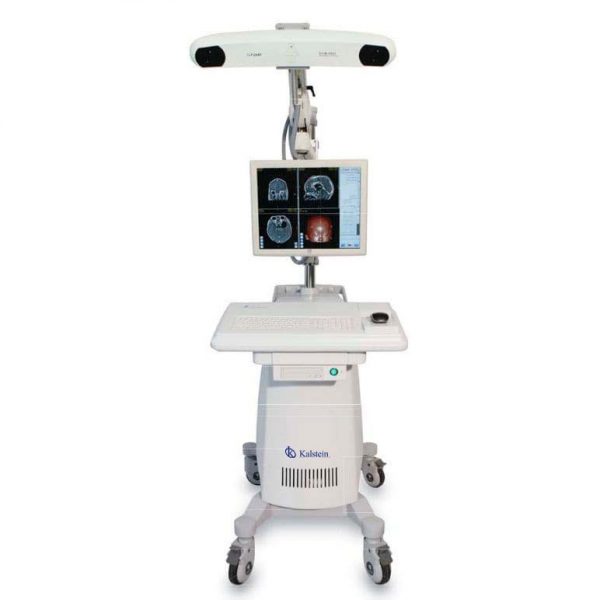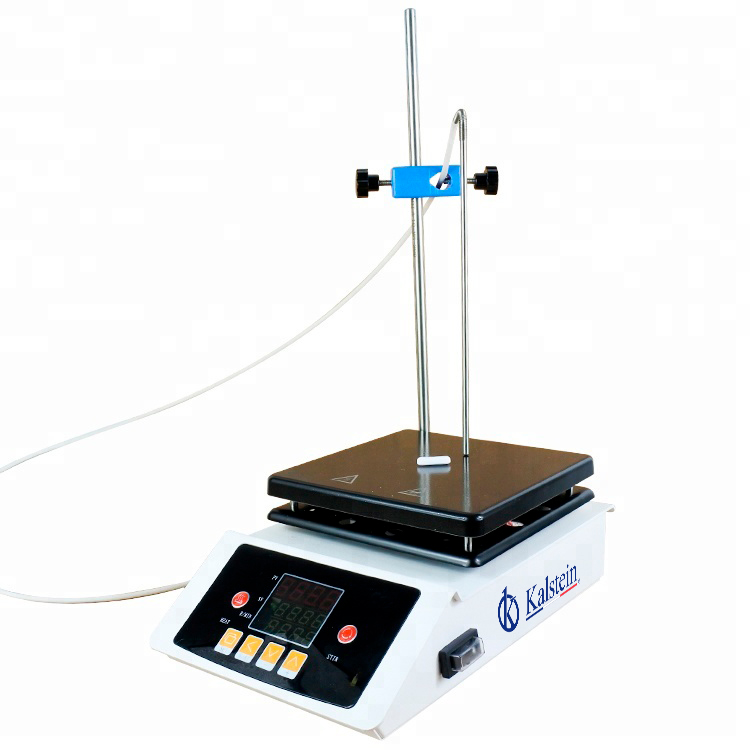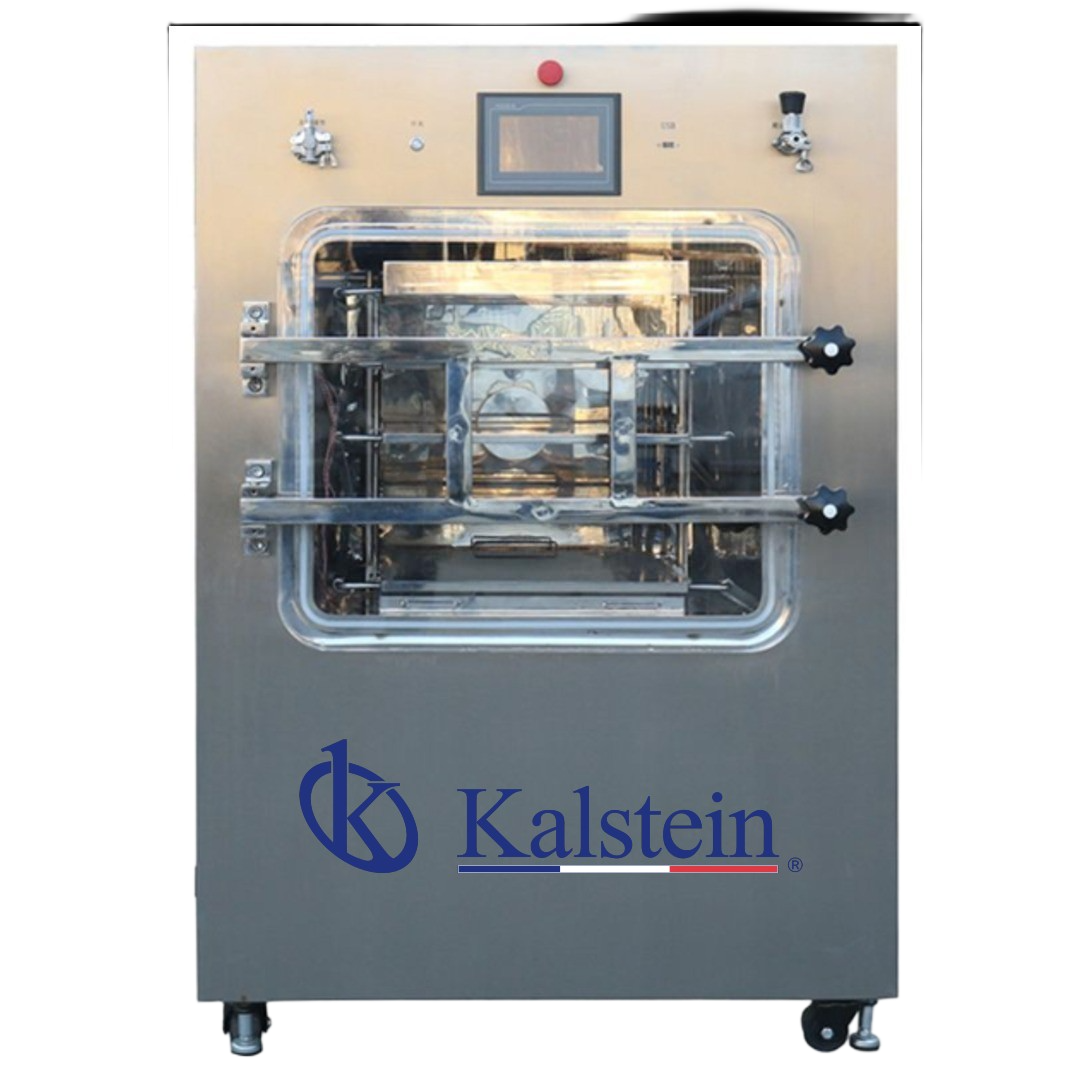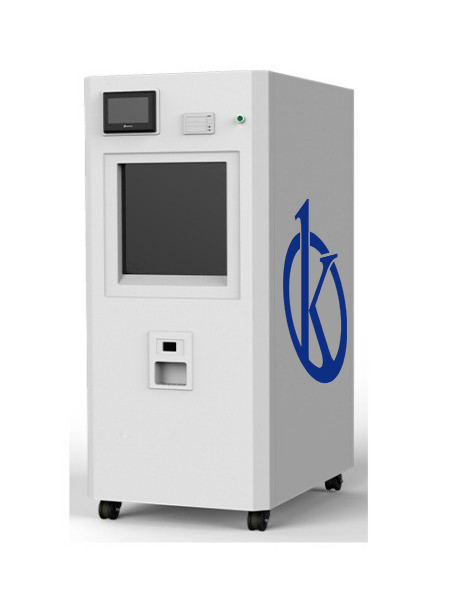The validation of the effectiveness of an optical surgical navigator is a topic that has a vital importance for the surgical practice. Currently, optical surgical browsers are a consolidated technology and have become a crucial tool to improve accuracy and safety in a large number of surgical procedures.
While these tools have demonstrated a significant advantage over traditional surgical navigation, their effectiveness largely depends on the exact design of the optical surgical navigator and the results obtained during appropriate validation. For this reason, it is necessary to know how validation is performed and its importance.
What is the validation of the effectiveness of optical surgical browsers?
The evaluation of the efficacy of optical surgical navigators is the clinical evaluation process designed to determine the adequacy of the results of the use of the optical surgical navigator in terms of safety, efficacy and surgical precision. The main objective of the validation is to determine if the design and performance of the optical surgical navigator are sufficient to satisfy the requirements of the surgical procedures.
The validation of the efficacy of an optical surgical navigator begins with the Quality Assurance Study. During this study, the manufacturer must demonstrate the specificity of the equipment and its clinical performance. This includes internal and external tests performed using prototypes of the optical surgical navigator in different surgical scenarios. If the equipment meets the established quality assurance requirements, clinical validation is carried out.
How do I validate these computers?
The clinical validation process is mainly performed in hospitals and consists of a prospective study with the participation of a medical team composed of surgeons specially trained for the use of the optical surgical equipment. Surgeons participate in a retrospective review of the safety, efficacy, and accuracy of a large number of surgical cases. These collected data are used to establish a performance profile, including surgery time, recurrence rates, and/or medical complications.
Some of the safety, efficacy and precision parameters used for the design of validation studies include the number of successful surgeries, the number of surgical cases with accurate results, the time of surgery and the rates of complications. The purpose of the clinical validation study is to demonstrate that the optical surgical navigator complies with the standard and that the design and results obtained with the equipment are safe, efficient and accurate.
Why is the validation of optical surgical browsers essential?
The clinical validation process of an optical surgical navigator should be performed thoroughly to ensure the maximum performance of the equipment and its safety for clinical use. The validation process is fundamental to educate surgeons about the correct surgical processes for each situation and improve the quality of surgical results. The validation of the efficacy of an optical surgical navigator is a necessary process to optimize the optimal treatment of patients.
In general, all manufacturers should conduct post-market clinical research to check the safety and efficacy of optical surgical browsers. This includes a clinical follow-up of all post-market cases where the equipment was used for specific surgical circumstances. This clinical investigation of the equipment in use is indispensable to ensure the efficiency, safety and precision of the optical surgical navigator in the long term.
Kalstein’s optical surgical navigators
Kalstein is a manufacturer of medical equipment that meet the highest quality standards. Therefore, they are teams that have gone through a rigorous validation process and after-sales follow-up, which allows to verify an excellent performance as support in different surgical procedures in hospitals in different parts of the world. The instruments designed by this company, have different specifications. The possibility of modeling different tissues in 3D can be highlighted, with an intelligent and intuitive software that facilitates this type of work and can incorporate different probes to make measurements that allow maximizing the resolution of images of tissues. To clarify any questions about prices, purchase and quotation, you can go to the following links HERE and HERE




